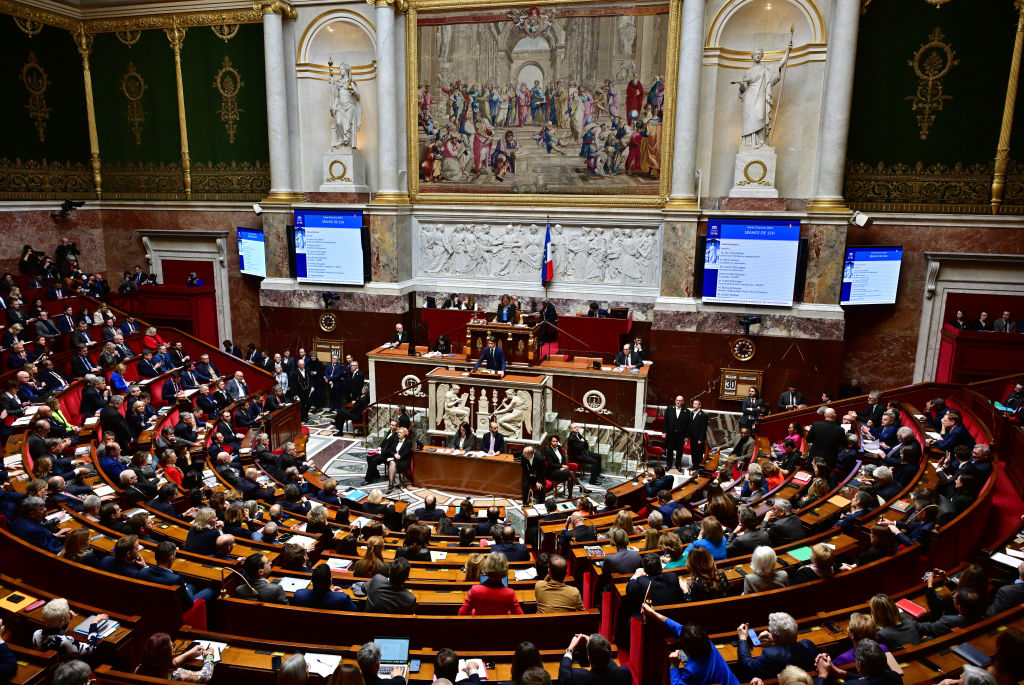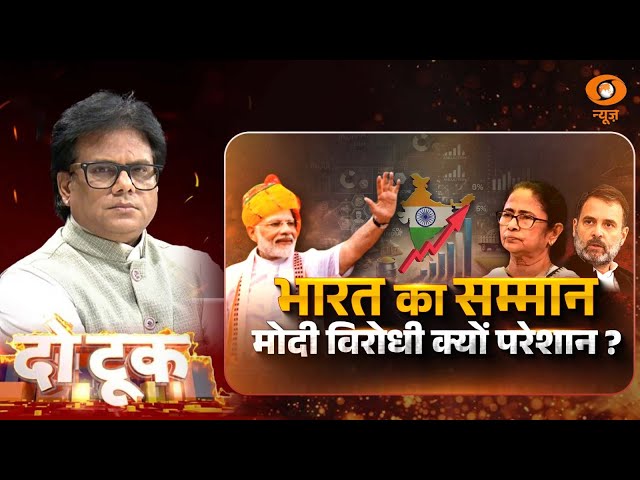India has joined 157 other nations in supporting a United Nations General Assembly (UNGA) resolution demanding an “immediate, unconditional, and permanent” ceasefire in the war-torn Gaza Strip.
The UNGA overwhelmingly approved two resolutions on Wednesday, one calling for a ceasefire in Gaza and the other backing the United Nations Relief and Works Agency for Palestine Refugees in the Near East (UNRWA), which Israel has sought to ban.
The first resolution, demanding an immediate ceasefire, was passed with 158 votes in favour, nine, including the United States, Israel, Argentina, Czechia, Hungary, Nauru, Papua New Guinea, Paraguay, and Tonga, against, and 13 abstentions.
The second resolution, supporting the mandate of UNRWA, received 159 votes in favour, nine against, and 11 abstentions.
The resolutions follow two days of debate at the 193-member General Assembly, where speeches overwhelmingly highlighted the need to end the 14-month-long conflict between Israel and Hamas. Delegates also called for unhindered humanitarian access in Gaza to address the growing crisis.
Although General Assembly resolutions are not legally binding, they carry significant weight as a reflection of global opinion. This vote came after the United States vetoed a UN Security Council resolution on November 20 that had also called for an immediate ceasefire in Gaza.
The US veto stemmed from the absence of a clause linking the ceasefire to the release of hostages taken during the October 7, 2023, Hamas attacks on Israel, which triggered the conflict.
The second resolution expressed support for UNRWA, established in 1949 to provide assistance to Palestinian refugees. It criticised a new Israeli law, adopted on October 28, banning the agency’s activities in Palestinian territories — a measure set to take effect in 90 days.
Israel has accused some UNRWA employees of having ties to Hamas militants, citing over 100 individuals allegedly involved in the October 7 attack, which left approximately 1,200 people dead and saw around 250 others abducted as hostages.
India has consistently condemned the October 7 attacks, calling them acts of terror, and has emphasised the immediate and unconditional release of all hostages.
At the same time, India has repeatedly stressed the need for a ceasefire, continued humanitarian aid, adherence to international humanitarian law, and a commitment to restraint, dialogue, and diplomacy.
New Delhi has also voiced concerns about the escalating violence in West Asia, repeatedly urging all parties to exercise restraint and pursue peaceful resolution through dialogue.
(IANS)




















